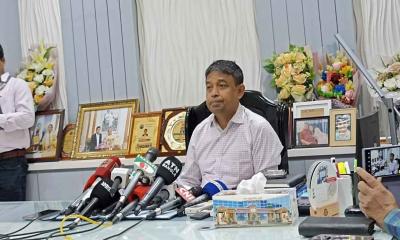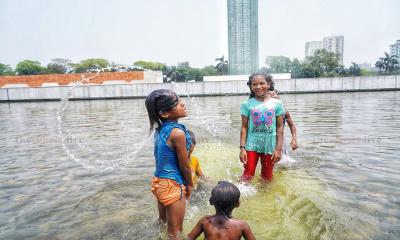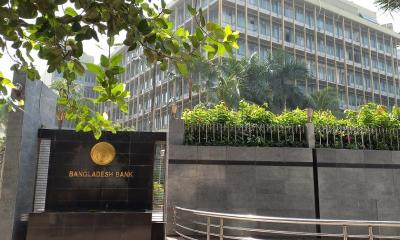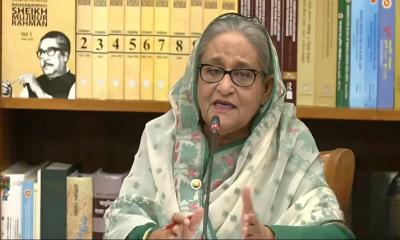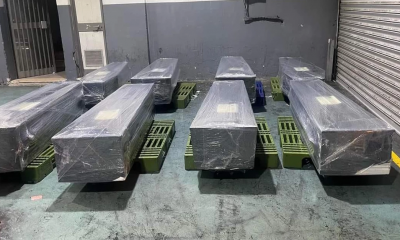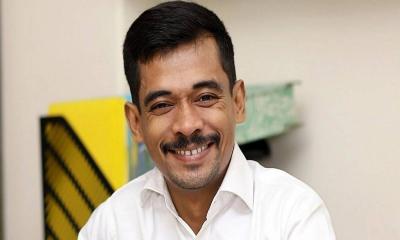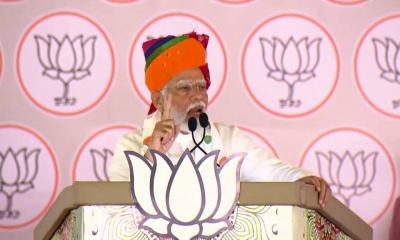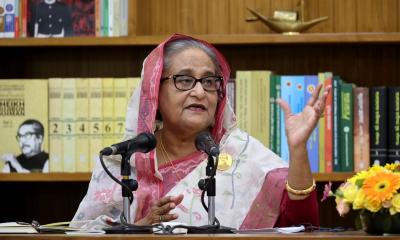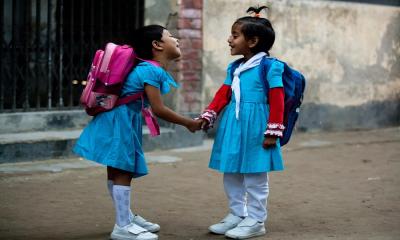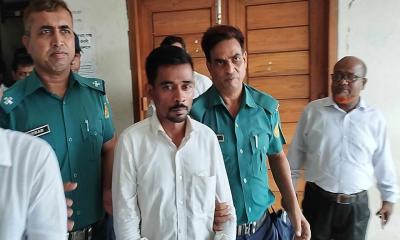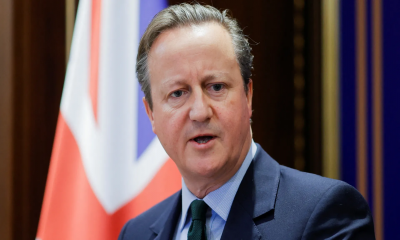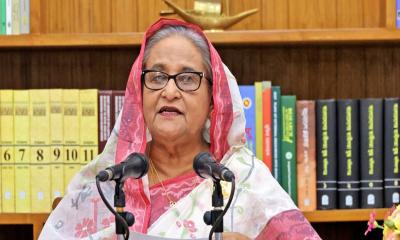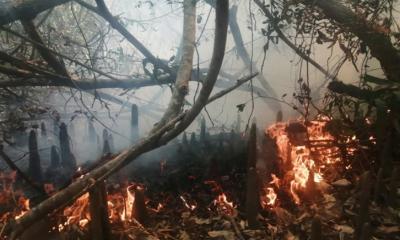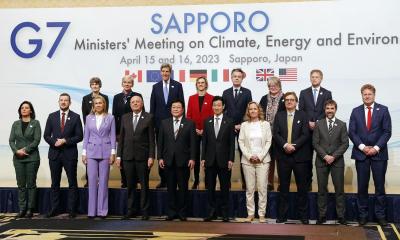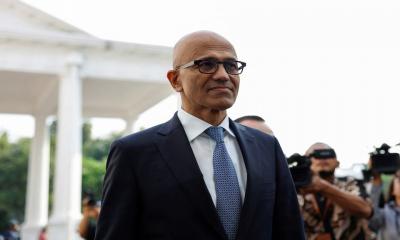Three lakh pages of documents were collected for the undisputable history of the War of Independence. But in the 51 years of independence, only 10 and a half thousand pages of documents were published in 15 volumes of documents of the war of independence. Most of the remaining 96 per cent was lost in the floods of 1988. Valuable documents like Agartala conspiracy case have also been lost. Though some documents are kept at Shahbagh National Museum, no initiative is being taken to publish them.
Documents kept in four cupboards
The entire four rooms in Segunbagicha did not have enough space for the documents, but only four cupboards and 10 file cabinets of the National Museum accommodated them. The project undertaken by the Ministry of Information in the name of writing and printing the history of the War of Independence was the second project of collecting documents and history of the Liberation War. The first project was undertaken in July 1972, just six months after the victory in the war of liberation. The National Independence History Writing Council was formed to implement the first project under the Ministry of Education, Culture and Sports. The office of the project was at Bangla Academy and ex-officio the then Director General of the Academy Mozharul Islam became its chairman. Therefore, the project is known to researchers as the History Project of Bangla Academy.
Afsan Chowdhury, a researcher in the project of writing and printing the history of the war of independence, said, "Few people have given documents from themselves. One of them has to be named, he is our former finance minister Abul Maal Abdul Muhith." Many did not even help.
The Ministry of Liberation War has no effective steps
The Ministry of Liberation War does not have much work to do in publishing and preserving historical documents, identifying and preserving historically important places, battlefields, slaughterhouses and mass graves. However, the main objective (mission) of the Ministry of Liberation War is to preserve the real history and memory of the Liberation War in order to implement the spirit and ideals of the Liberation War spirit.
Muntasir Mamun said that AB Tajul Islam had requested for an archive in a letter when he was the state minister in the Ministry of Liberation War. The proposal was taken into consideration then but nothing happened later.
Abu Delwar Hossain, chairman of the history department of Dhaka University, said, "We have tried several times to get these documents published." But he did not take the initiative to publish them, citing various limitations. There is also a risk that the documents will be damaged due to their fragile condition.
Minister for Liberation War Affairs AQM Mozammel Haque admitted some of their limitations and said, "We have taken various initiatives to uphold and implement the spirit of Liberation War." The Ministry is working to make the history of the Liberation War compulsory. Just like the list of freedom fighters, the list of Razakars and Al-Badrs is also being prepared. The work of collecting documents and history will be further expedited.
Further documents are unknown
Professor Divyadyuti Sarkar, chairman of Bangladesh and Liberation War Studies at Noakhali University of Science and Technology, said the documents did not come in 15 volumes, but there was not much that was collected. At least in the National Museum, there are no preserved or unpublished documents.
He said that if you search, you will find many unknown documents. That is why we have to look mainly in India. However, it is possible to get documents from America in many European countries. We have to work for the grassroots of the country. The war of liberation has remained in the memory of the people.
Documents limited to the project itself
The third project of the government-initiated history of the liberation war was to collect grassroots history and in that project the grassroots people were being collected. The project was initiated in 1997 with the help of the then Director General of Bangla Academy, Professor Syed Anwar Hossain. The project was handed over to the Ministry of Liberation War formed in 2001 and the whole plan of the project was changed in the name of 'relevance verification'. Later, although the Awami League was in power for a long time, the project did not see the light of day.





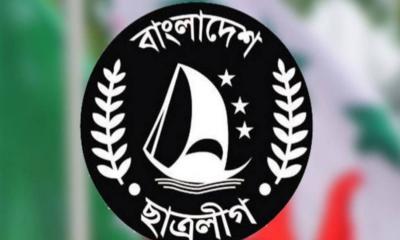
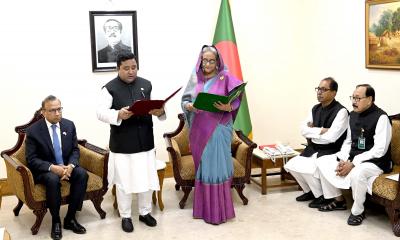
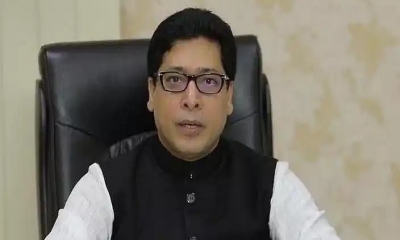
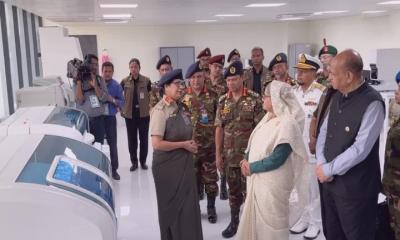

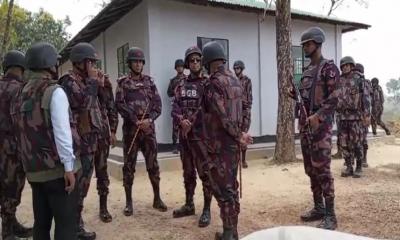


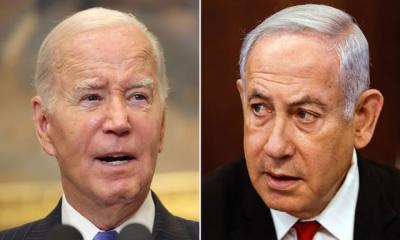

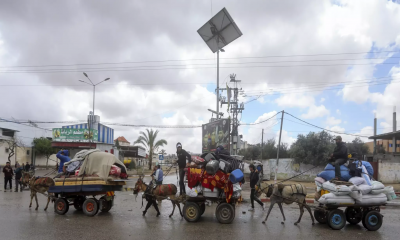

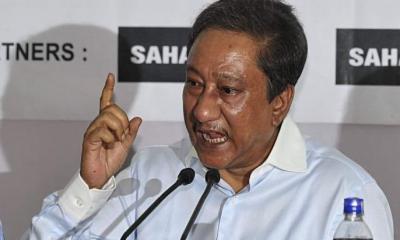
-20240506141509.jpg)

